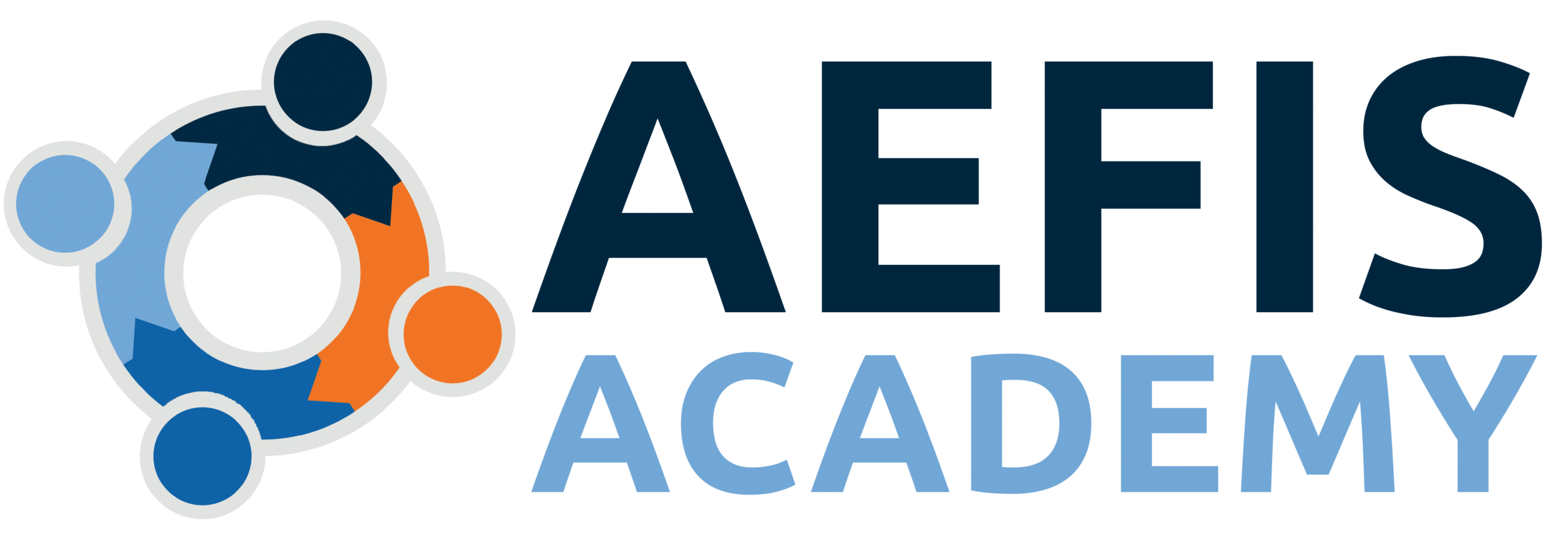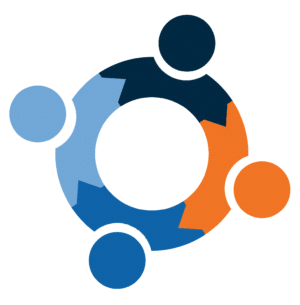The University of Rochester is located in western New York State and its diverse community of stakeholders includes more than 3,000 faculty, 12,000 students, and 30,000 staff. The University of Rochester School of Nursing (URSON) offers a number of high-quality academic programs with a wide range of options that include master’s, doctoral and as well as accelerated and RN completion degrees, a rich research initiative, and extensive clinical and educational partnerships throughout the University of Rochester Medical Center and the wider community. URSON’s mission is “Building on a pioneering tradition of unifying nursing education, research, and practice, the UR School of Nursing pursues excellence in clinical and scientific learning, discovery, and nursing care within an environment of diversity and inclusion.” It is through its mission that URSON fosters equitable and more modern assessment processes using Comprehensive Learner Record (CLR).
URSON ePortfolio to CLR transformation
As part of a broader initiative to shift from a traditional didactic curriculum to a competency-driven curriculum, the University of Rochester School of Nursing (URSON) developed an ePortfolio system but quickly realized that it was not enough to support student learning and program level assessment.
ePortfolio was a manual process for both students and faculty and presented both parties with duplicative work, reviewing past work for the faculty and “search and rescue” old work for students. This was also created within the university’s learning management system and served as a one-off for students who could not access the ePortfolio nor saw the value for it after they completed their final course where ePortfolio sat as a capstone assessment of competency.
ePortfolio, due to its process and limited function, did not allow for URSON to assess learning in real-time nor did it have a Co-curricular component weaved in, where students could not self-issue additional work products and link it to the program’s competency framework
Finally, COVID-19 significantly impacted experiential learning, and faculty and students needed to scramble to provide a myriad of alternatives to clinical learning and simulation. Instead of a single planned clinical experience, they had to combine disparate experiences, which was hard to handle without a comprehensive way to present back all achievements of learning in one place. Although this was an acute change, it presages a future in which access to clinical sites continues to be more and more difficult. UofR needed a better way to prepare for this future. Thus, the UofR Nursing Program began a transition towards CLR.
URSON Using CLR
The need to have an integrated assessment management system that enabled a continuous flow of data from multiple measures in one location quickly gained traction across the decentralized university.
AEFIS, an education technology company that partners with higher education to improve learner success and empower authentic lifelong learning, became the assessment platform that helped to better integrate curriculum and assessment processes at the institutional level, which ultimately provided URSON the infrastructure it needed to modernize its curriculum and assessment processes and provide the foundation for CLR.
AEFIS partners with colleges and universities to improve learner success and empower authentic lifelong learning. AEFIS’s powerful assessment management software helps higher education institutions drive measurable results and engage students throughout their lifelong learning journey through Comprehensive Learner Record (CLR). AEFIS delivers end-to-end solutions for authentic assessment for learning, skills recognition, and employability enablement.
Once this foundation was developed, URSON began mapping professional competencies, to program and, course learning outcomes, and assignment rubrics. They created the components of an end-to-end CLR to provide them with real-time data on students’ performance related to competencies required by the nursing profession.
The infrastructure of CLR enables synthesis among varied learning experiences that differ from student-to-student, and day-to-day. The competencies which have been mapped in the CLR provides a conceptual framework to pull the learning together into a coherent whole, and allows faculty to continue to track and measure student achievement.
A Work in Progress
The CLR infrastructure built so far allows URSON to:
- Evaluate student competency through key assessments linked to AEFIS from Blackboard LMS
- Focus in on those few students not meeting competency standards
- Enable students to self-issue other work products and link them to the competencies
- Provide a quality assurance that all students complete their courses and programs with the competency needed to progress in the program, or to enter practice.
Using a set of pilot courses, URSON began building the curriculum infrastructure to support their CLR outcomes beginning in March 2020. From there AEFIS and URSON had a series of meetings, various presentations and opportunities to discuss plans for rolling out CLR to students in the fall 2020 timeframe. This process of digitizing curriculum is leading to the end-to-end CLR which URSON desperately needs to better prepare students and provide them with a record that best reflects their achievements to employers. In this effort CLR serves as both a formative and summative assessment, which enables students to reflect on feedback in context with their learning and skills attainment and can share records of achievement with potential employers.
As the IMS CLR Standard becomes available, AEFIS will become the first ed-tech company to attain certification and URSON will be the first institution to use CLR in this fashion. Dr. Andrew Wolf has led the URSON team in completing the curriculum mapping that will lead to an end-to-end CLR. Learn more from Andrew by screening his Lightning Talk below:



